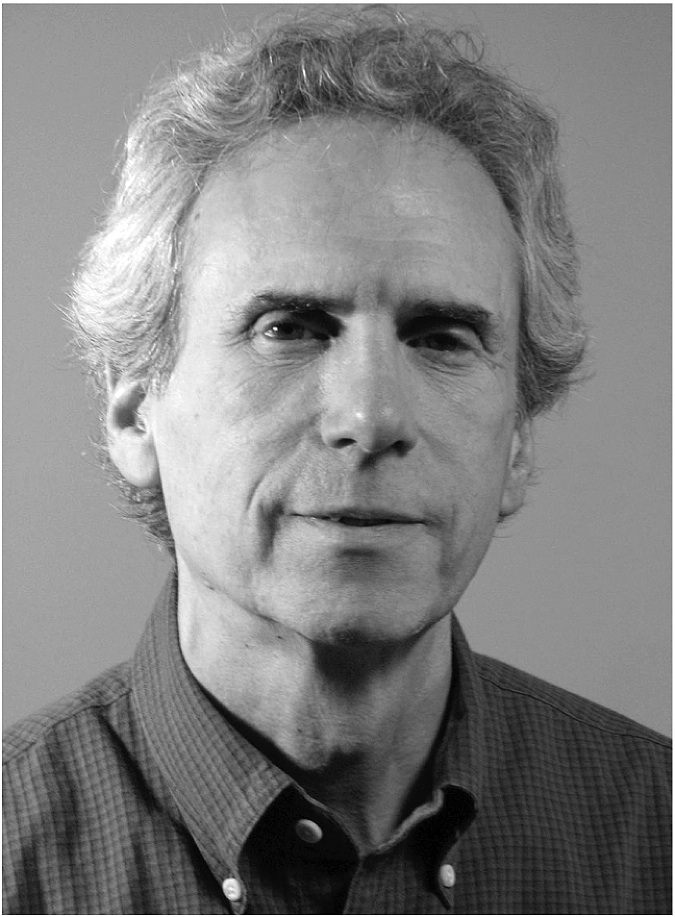September 30, 2021
by Mallory Rutigliano and Karl Palmquist
 We first met Carl on the second floor of St. Thomas More church on Manhattan’s Upper East Side in late January 2020.
We first met Carl on the second floor of St. Thomas More church on Manhattan’s Upper East Side in late January 2020.It was our first time attending a meeting for the Sierra Club. We had just gotten involved with volunteering since moving to New York City and we didn’t know anyone. Serendipitously, we ended up sitting next to a svelte, salt-and-pepper man who began to chat with us, interested in who we were, why we were there. Carl Arnold was a member of the Sierra Club for many years, holding numerous leadership positions since 2011. He served in numerous roles at the local, state, and national levels, and helped work on projects as far reaching as fracking bans and regenerative agriculture.
It was good luck that we sat next to him that day. We had the pleasure of meeting one of the most stalwart, committed environmentalists many of us will ever know. More so, it was the fortuitous start of a burgeoning friendship.
By this time, Carl had already finished his term as Atlantic Chapter Chair for several years. He had dived into his role as co-chair of the Grassroots Network Food and Agriculture Team, while still continuing to guide the NYC Group. Even though he had been around the block (more than once), Carl relished seemingly nothing more than engaging with newcomers. That was one of the unique strengths of Carl Arnold as a person, an activist, and a colleague – even though he was so deeply involved, had so many personal connections, and had such a long tenure in his volunteer work, he always prioritized bringing in new members and engaging novel ideas, even when it would have been easy and natural to get wrapped in inertia or stuck in his ways. Carl was an incredibly flexible member, not in his steadfast ideals or values, but in his ability to see from new perspectives, think around an issue, and even reconsider accepted systems. This type of agility and acumen is rare, and was a true gift to all those who could work with and learn from him. Many whom we’ve spoken to about Carl’s passing in May of this year mention a particular trait during times of reminiscence: his mentorship. Carl had a unique knack for finding and nurturing new environmentalists – it was probably a fun combination of his dry wit, encyclopedic knowledge of, well, everything, and genuine commitment to youth activism that made it seem almost irresistible to get involved.
We are fortunate enough to have learned quite a great deal from Carl, getting to know him as a fellow activist, but even more as a mentor and a friend. There is one memory that sticks out in this regard. Facing an internal crisis and not sure what to do with a difficult career choice, we called Carl on the phone to talk through it one night. That was another of Carl’s many great qualities, and sometimes a quirk: he valued in-person dialogue greatly and would often deliver a phone call out of the blue, a dying practice among our age group. Carl stayed on the phone for the better part of an hour, listening and weighing in on the pros and cons of different environmental career options, thoughtful and encouraging. These are some of the things we will miss the most, receiving a call in the middle of the day to talk about farm practices and somehow link into a conversation about Middle Eastern archaeological sites, learning from Carl’s measured, yet always intensely passionate demeanor, or simply soaking in his astonishing body of work and ability to recall recommended organizations, names and publications to help set anyone on a path in support of their work and provide tangible next steps.
Since his passing, an emptiness has pervaded our Zoom meetings. There was a comfort that came with Carl being in attendance. A resolution was always met, and although not all sides necessarily agreed, we would come together and make progress. Whether it was on a video conference or in person, the flow of a meeting could be measured by what Carl was doing. When there was bickering or unstructured dialogue, Carl could be seen standing and pacing. If a conversation had truly devolved into impassioned chaos, he would leap in and fix it. He was a voice of reason – not moderation or unnatural compromise – but of actionable solutions.
When talking with Sierra Club NY leaders who knew Carl far longer than we had the privilege to, they mention how distinctly lucky they were to have him in the group. He was a fierce fighter for the earth, a kind friend and a true Renaissance man. We will all miss him sharing cartoons, telling things as they are, not getting bogged down in the politics, adding levity, bringing in new blood, nurturing longstanding relationships, working relentlessly, keeping out personal bias, enjoying the little victories, and many, many other things.